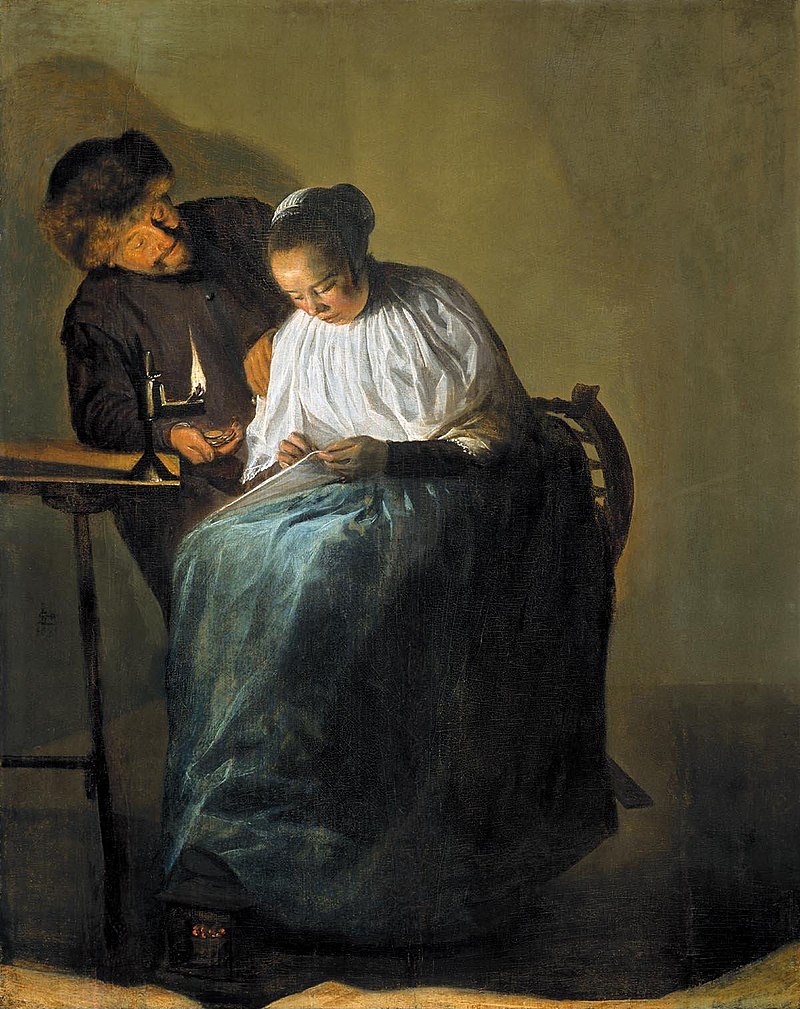Throughout art history, we have celebrated male artists for their creative genius and innovations. Yet many women artists are remembered not for their artistic contributions but for their relationships with men, as someone’s muse, wife, or student. Their own identities and legacies have been overshadowed by patriarchal narratives that have long dominated art historiography.
Take the case of Wassily Kandinsky. His revolutionary approach to abstraction and his role as cofounder of Der Blaue Reiter alongside Franz Marc are widely known. However, Gabriele Münter, who was equally involved in founding the movement and developing its visual language, is often omitted from these accounts. When Münter’s name does appear, it is mostly in relation to Kandinsky, as his lover, caretaker, or supporter, while her bold experimentation with colour, form, and expression remains largely unacknowledged. We know intimate details about her personal life, but rarely do we study her paintings with the same depth afforded to her male contemporaries.
This erasure raises further questions about the dynamics between young female artists and the celebrated male figures they worked with. The relationships between artists such as Rodin and Camille Claudel or Picasso and his young partners have often been romanticized in art history, concealing patterns of manipulation, abuse, and psychological harm. These narratives perpetuate myths of male genius while silencing the suffering and creative brilliance of the women involved.
It is time for art history to make a genuine shift, to study and recognize women artists for their creativity, innovation, and courage in defying social norms. We must reframe their stories around their artistic identities rather than the passionate or exploitative relationships that have long defined them.
Serra Húnter Fellow of Sociology at Universitat Rovira i Virgili.
Former DAAD-Gastprofessorin at Julius-Maximilians-Universität Würzburg


